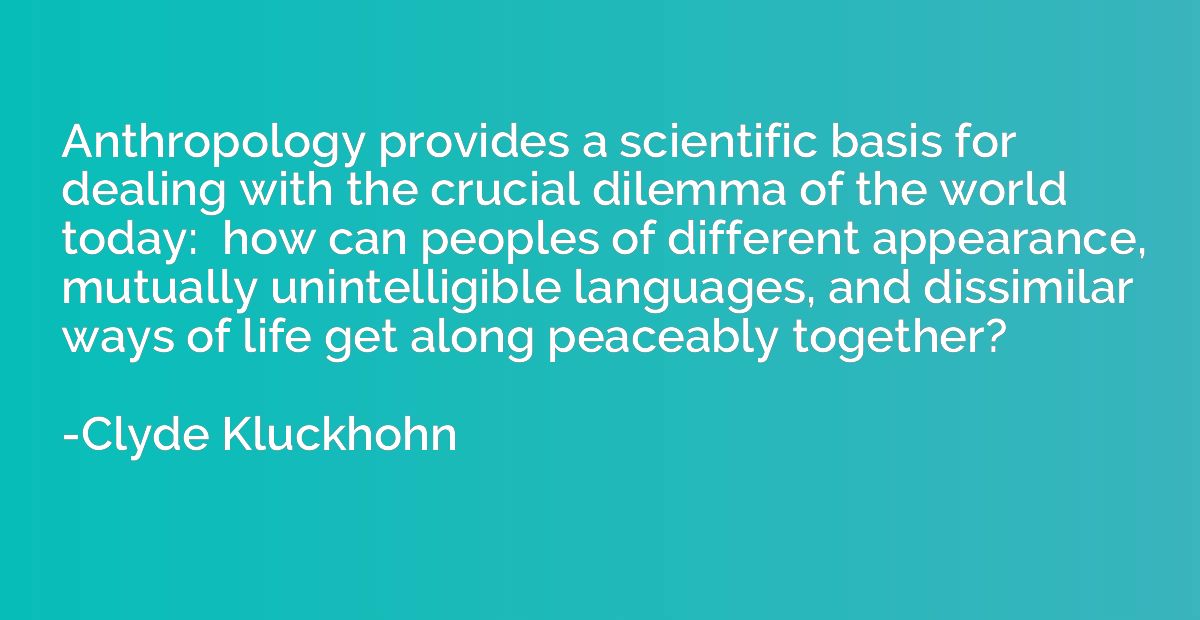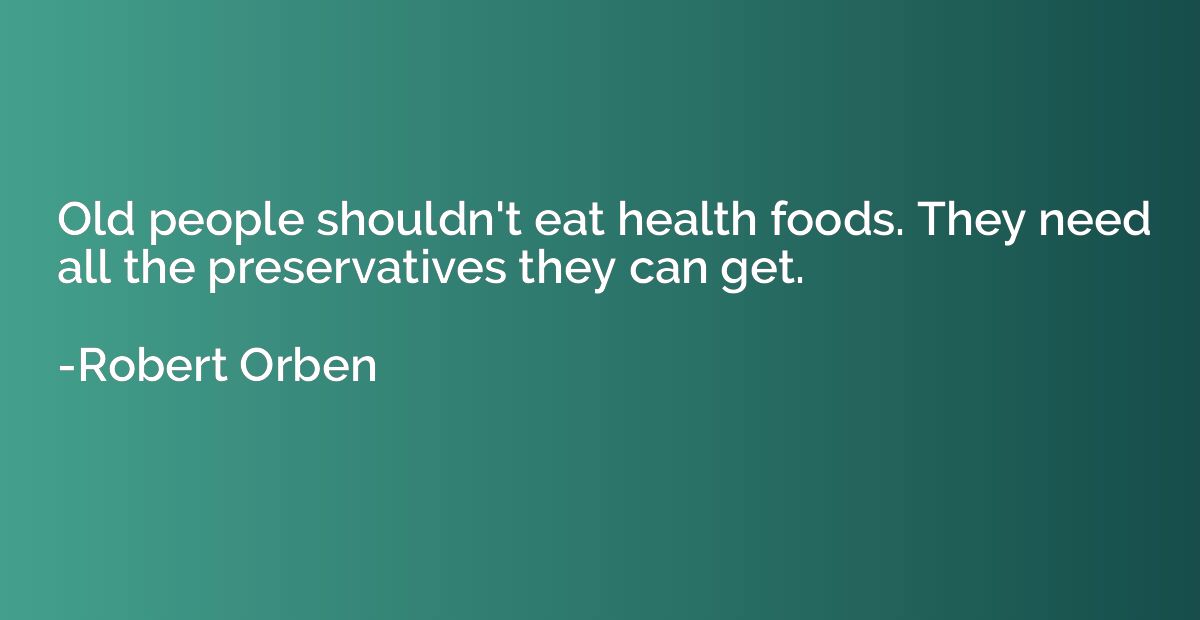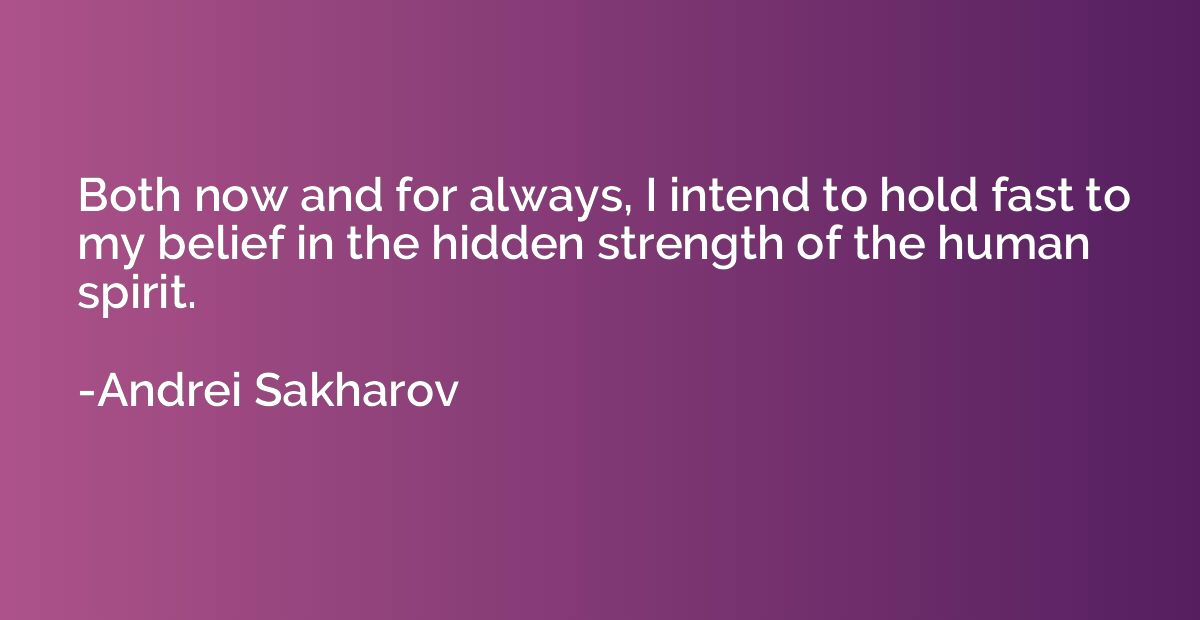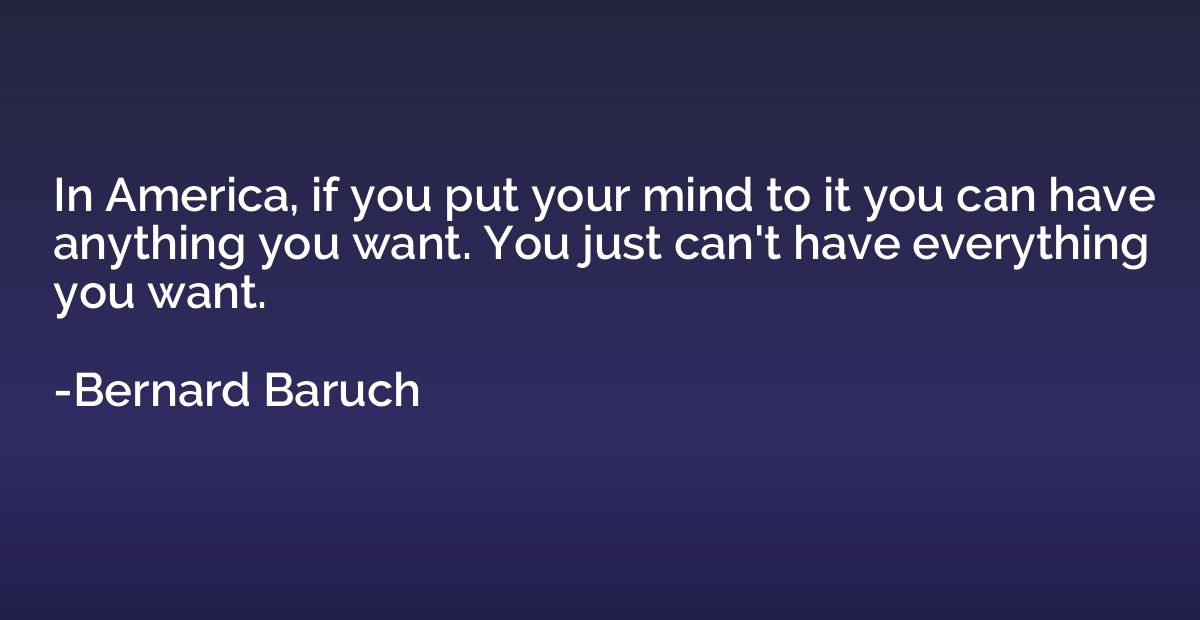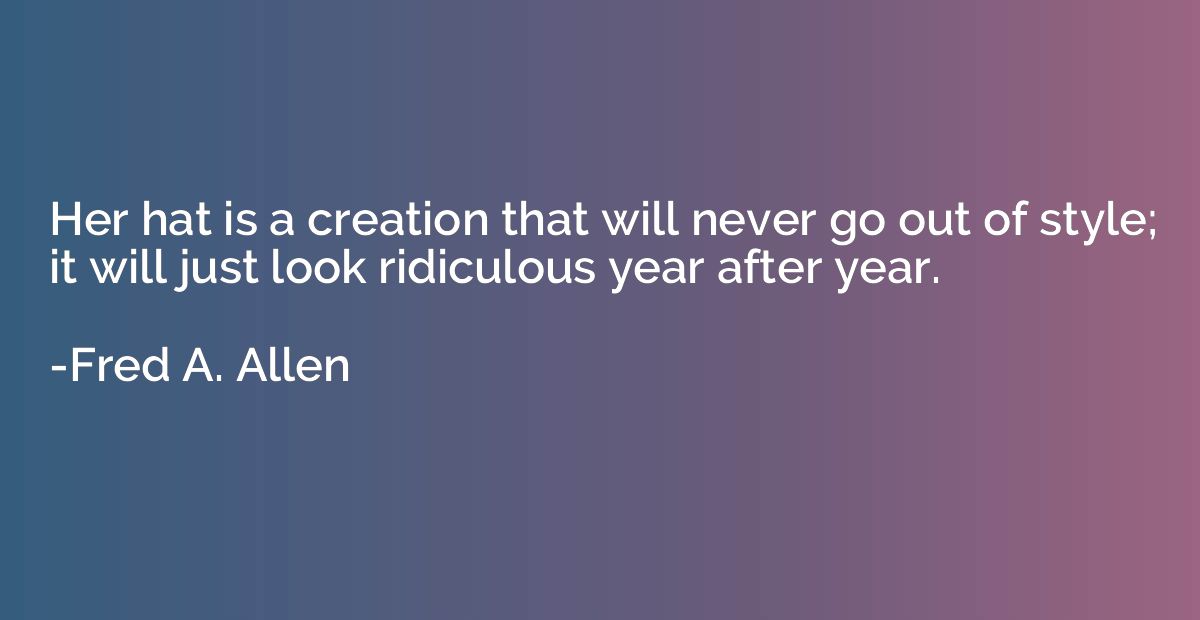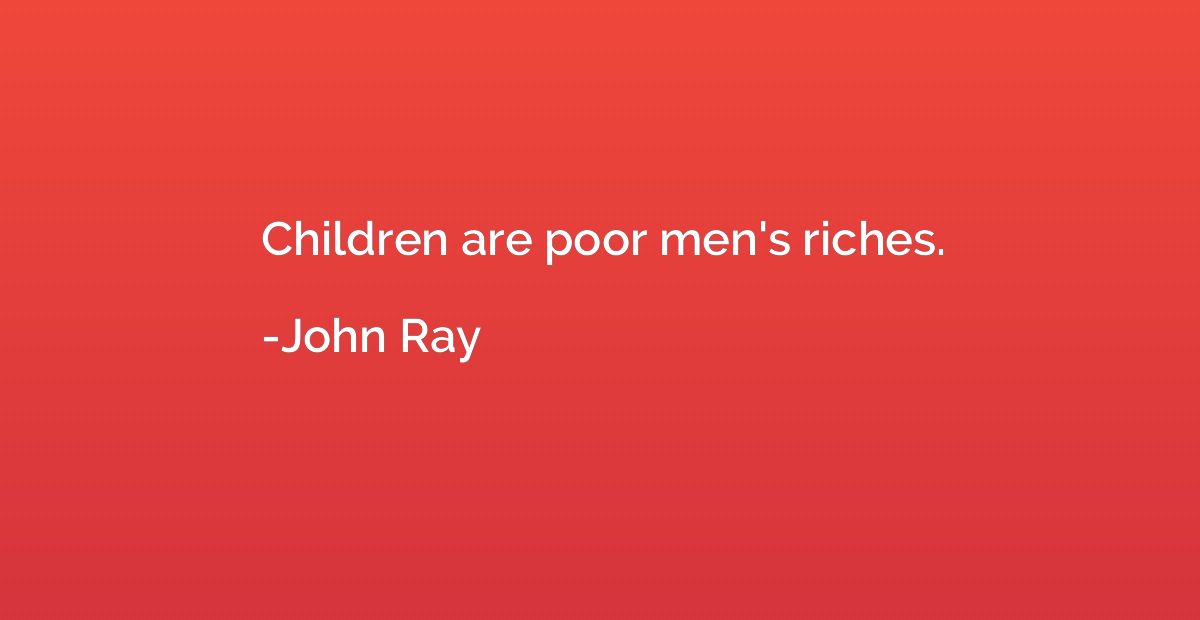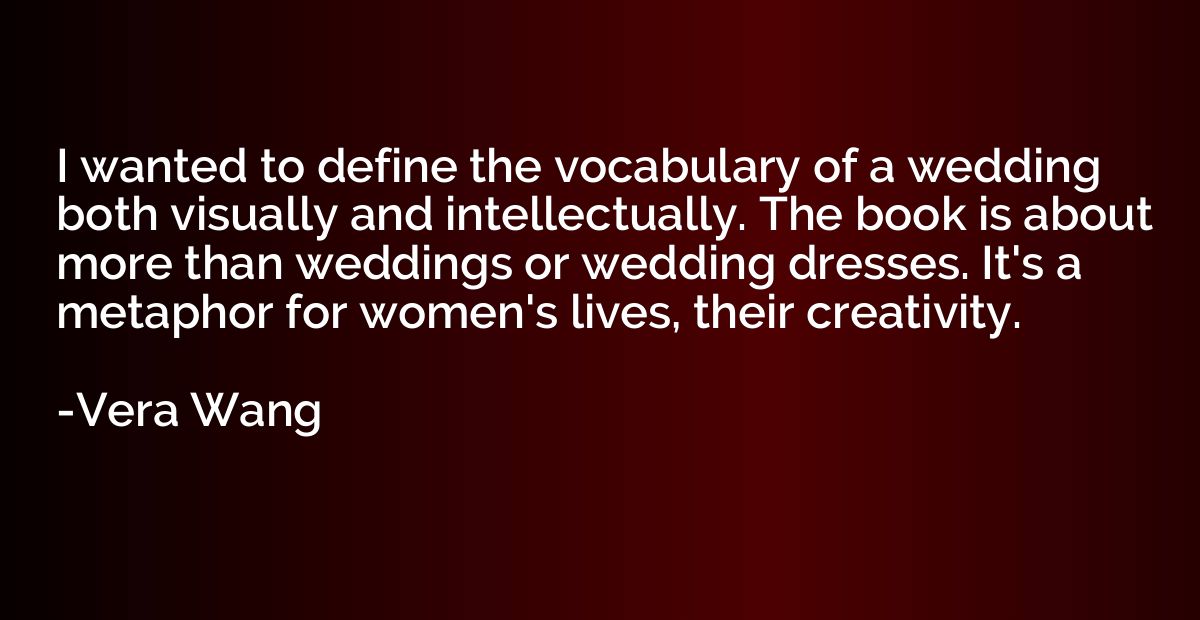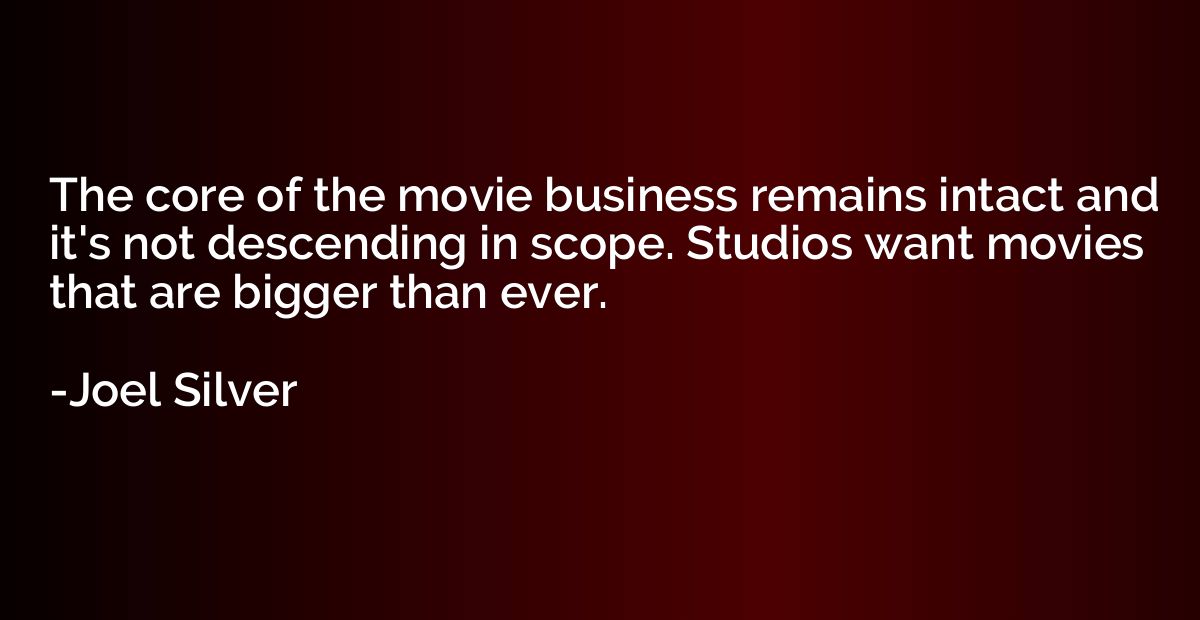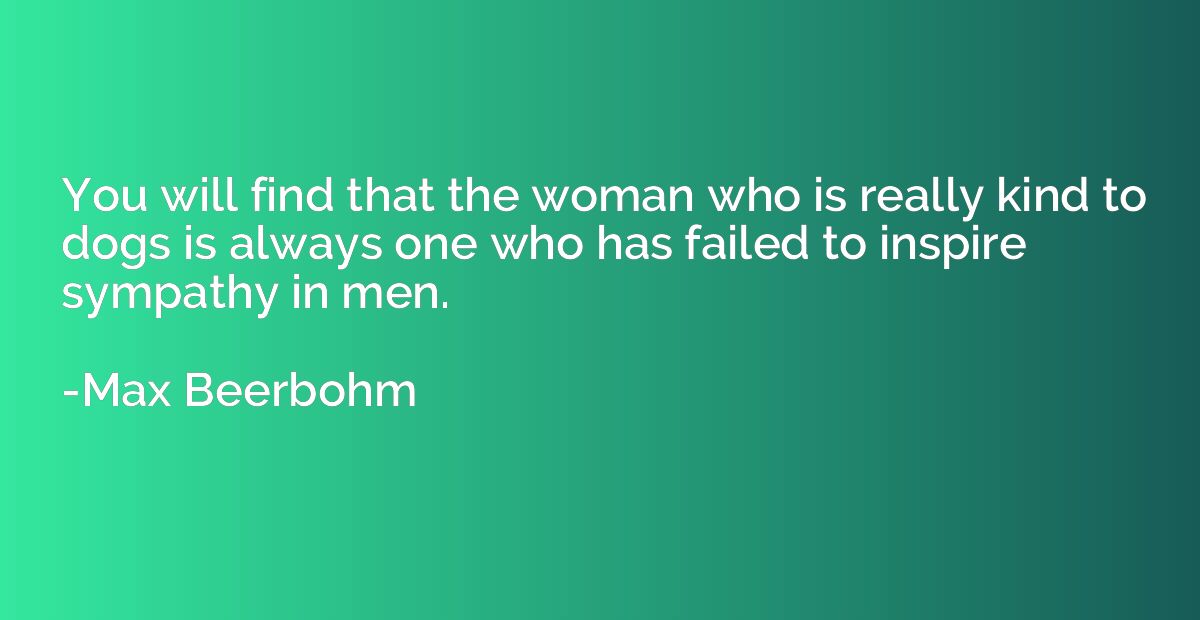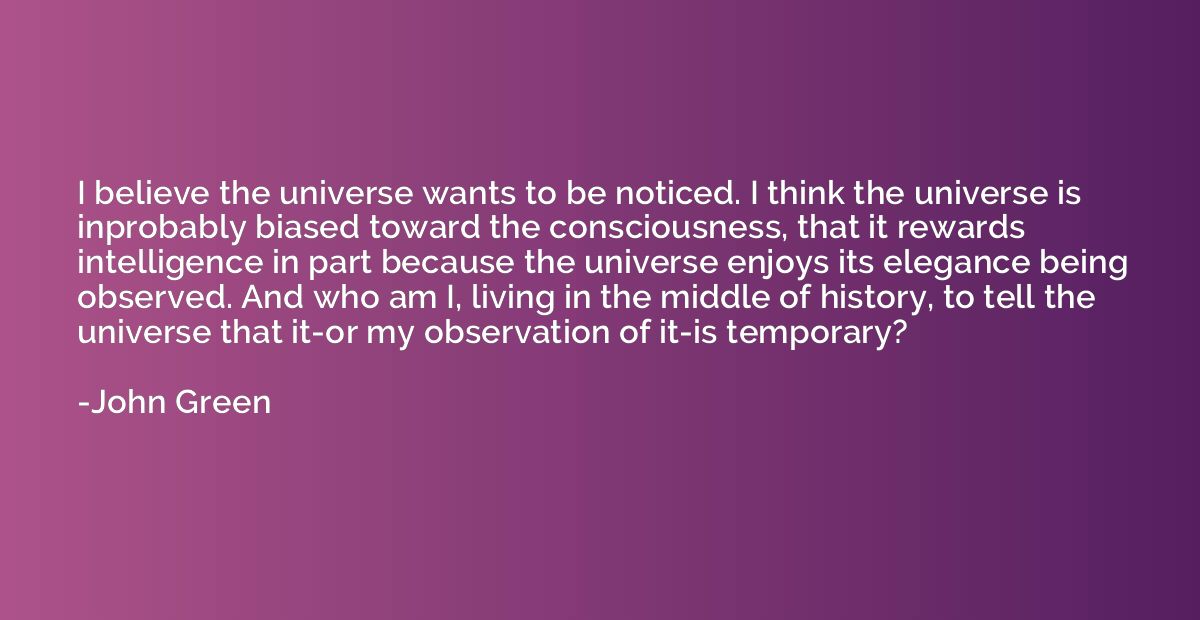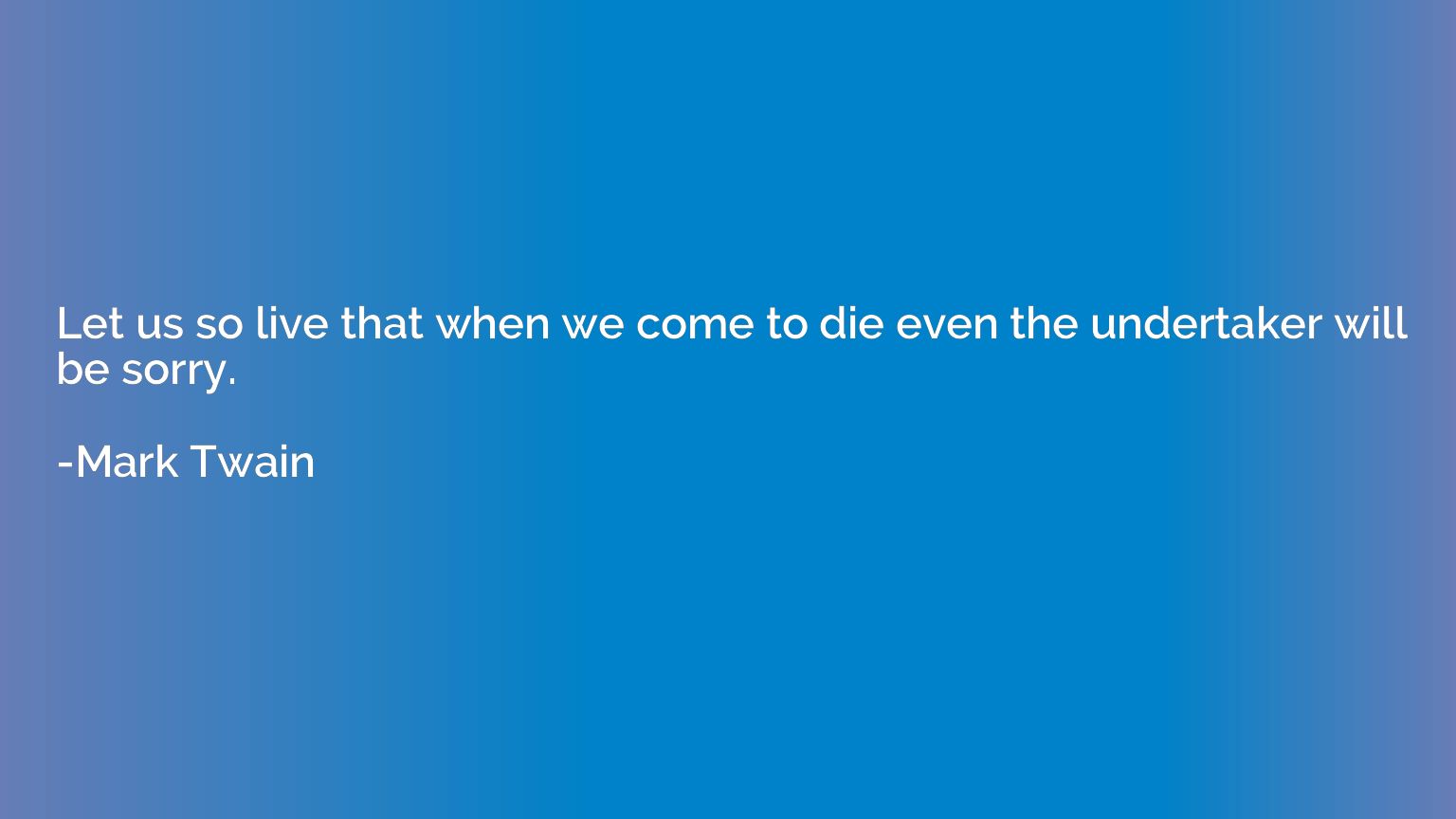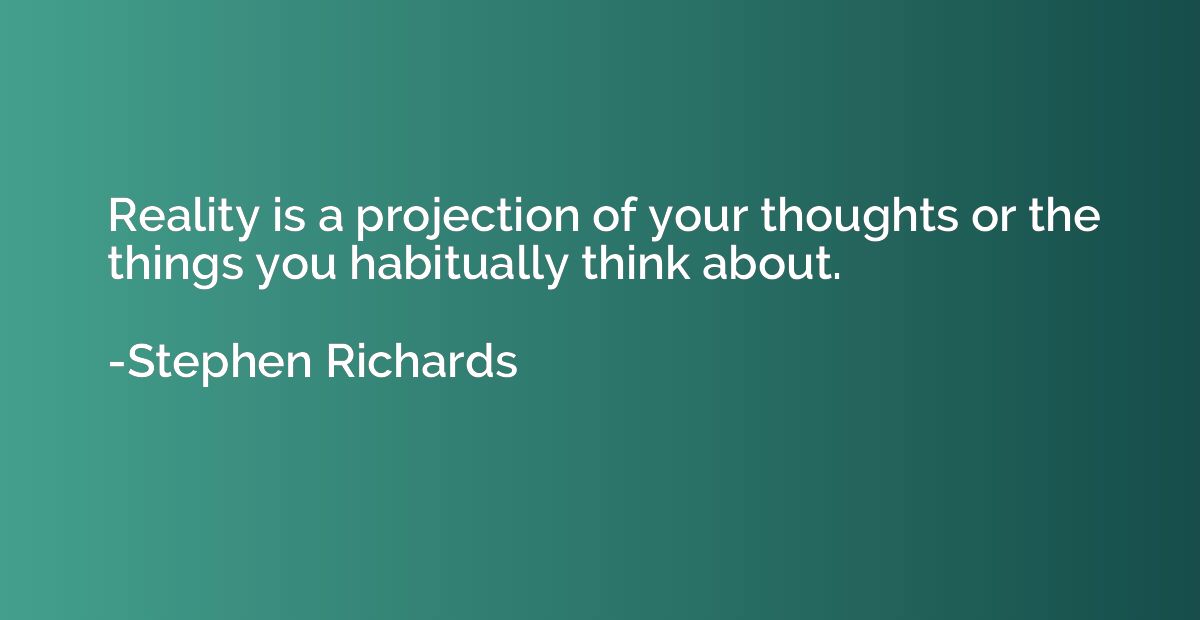Quote by Milan Kundera
People are always shouting they want to create a better future. It's not true. The future is an apathetic void of no interest to anyone. The past is full of life, eager to irritate us, provoke and insult us, tempt us to destroy or repaint it. The only reason people want to be masters of the future is to change the past.
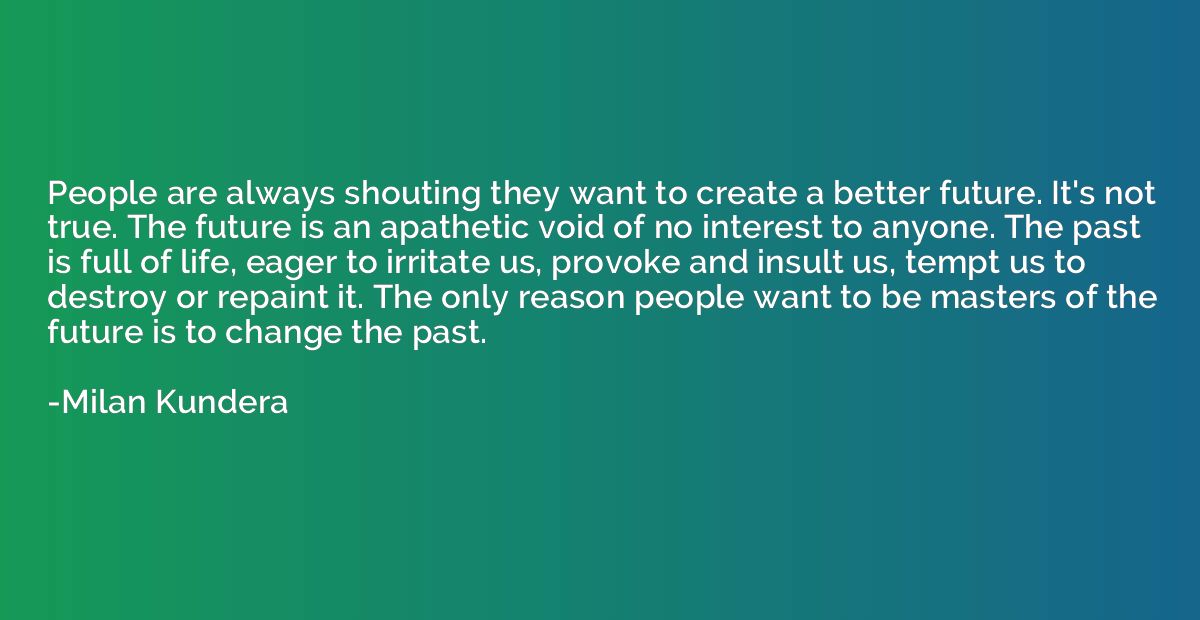
Summary
This quote suggests that people often claim their desire to create a better future, but it argues that they are not truly interested in it. The quote portrays the future as a disinterested and empty void, contrasting it with the lively and provocative nature of the past. It implies that people's eagerness to control and shape the future stems from their desire to alter their perceptions and experiences of the past. In essence, the quote posits that the motivation for wanting mastery over the future lies in a quest to reshape or reconcile with the past.



